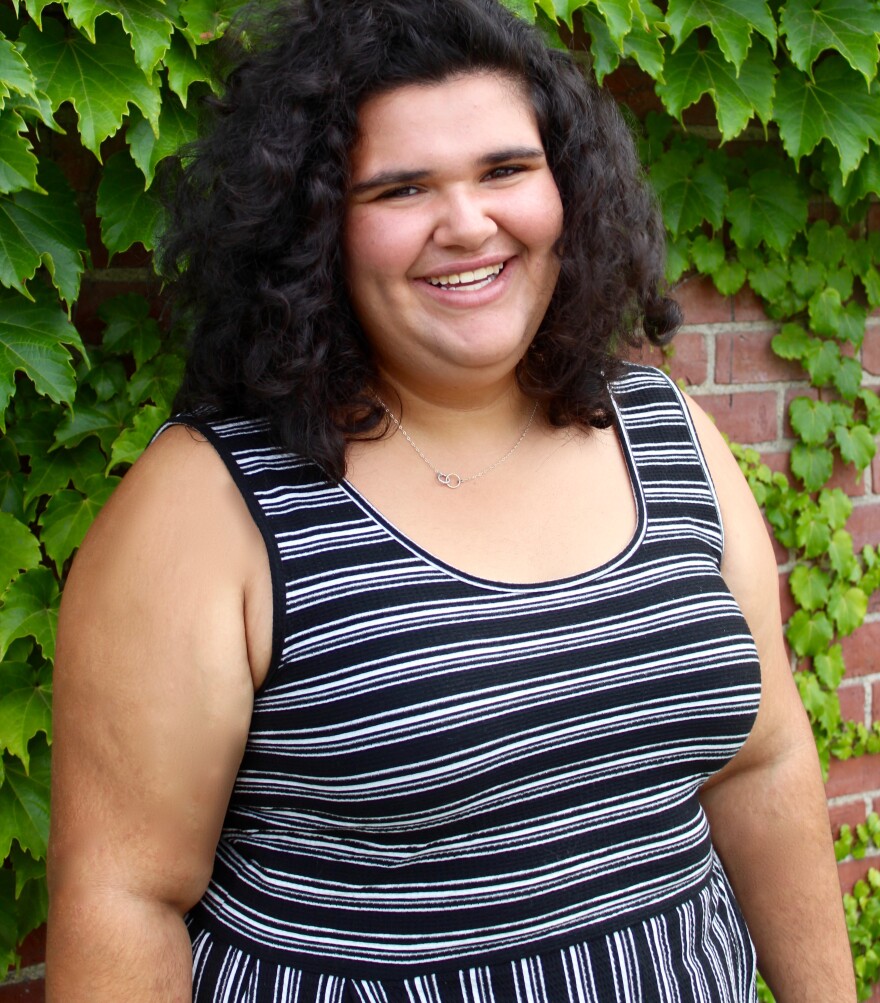When I was growing up, my mom told me stories about borrowing eggs and sugar from our neighbor Marnie to then end up chatting the day away over tea. Neighborly exchanges like that used to be commonplace. However, as time goes on, those moments of comfort and communication are no longer a reality in some neighborhoods across the country.
Nearly twenty years ago, my parents moved into our house on Halloween. Before even unpacking their bags and picking which room should be the master bedroom, they put out a bowl of candy for the children in the neighborhood. It was so clear to them back then that they made a great choice buying the house. The neighborhood was safe for young children to play in the streets and the neighbors were like family, but that is changing.
In recent years there has been an increasing number of short-term home rentals through agencies like Airbnb and HomeAway, which bring inconsistencies to neighborhoods around southern Maine. Whether the stay is two days or two weeks, short-term rentals should not be allowed in residential areas because they ruin the sense of community and authenticity that neighborhoods have.
In my own small enclave in Cape Elizabeth, I feel safe staying home alone knowing that I always have familiar people around me, looking out for me. If there was ever a suspicious knock at my door, or a new car parked somewhere, I could count on my neighbors to be looking out for my safety. Short-term rentals are a threat to this sense of security.
If the neighbors next to my house were changing every few days or weeks, I wouldn’t feel comfortable knocking on their door and most certainly wouldn’t have their number to call. There would not be enough time for my family and me to make an effort to get to know them because by the time we did, they would most likely be leaving.
The issue of short-term rentals is spreading rapidly. According to the Portland Press Herald, neighborhoods in the city of Portland are increasingly becoming victims of the short-term rental takeover. To be specific, “Munjoy Hill has the largest number of registered units of any mainland neighborhood with 128, or 2.7 percent of the neighborhood housing stock...”
Maine already has a large tourist population, and now that short-term rentals in neighborhoods like Munjoy Hill are cheaper than hotels, the tourism business is seeping into our private lives.
While some homeowners may say that they can do whatever they want with their homes and land, they should not be able to do anything to the detriment of others in their community. If homeowners have extra space to rent out, they should consider long-term rentals for a few months to years. Long-term rentals give the other neighbors plenty of time to get to know and trust the renter which upholds the crucial aspects of neighborhood safety and community.
For example, in my neighborhood, homeowners down the street are renting out the area above their garage to a young man whom we’ve gotten to know. After a particularly bad storm this past fall, the young man offered to help clear our drain and rake the leaves. The longer he rents the space, the more he will become a member of the neighborhood, unlike short-term renters who circle the revolving door. Long-term renters will also bring a sense of security to the homeowner.
Short-term rentals mean the owners have to maintain the space by hiring cleaning services and repairing any damage as to prepare for the next renter. Long-term people will look out for the property because they’re living there for a while and there won’t be a constant need to clean. It is clear that if homeowners have the space for short-term rental, they would be wise to consider long-term rentals instead.
Homeowners in Maine want their neighborhoods to be consistent places to raise a family. One change that would help keep neighborhoods safe from short-term rentals is if hotels created more activities that appeal to tourists looking for a local experience. Organized outings and activities for guests could appeal to many different types of tourists, in turn leaving fewer visitors who would stay in neighborhoods.
As the short-term rental companies grow, homeowners must protect their communities and take action to prevent their neighborhoods from becoming a home for strangers.
Grace Brenner is a student at Cape Elizabeth High School.



